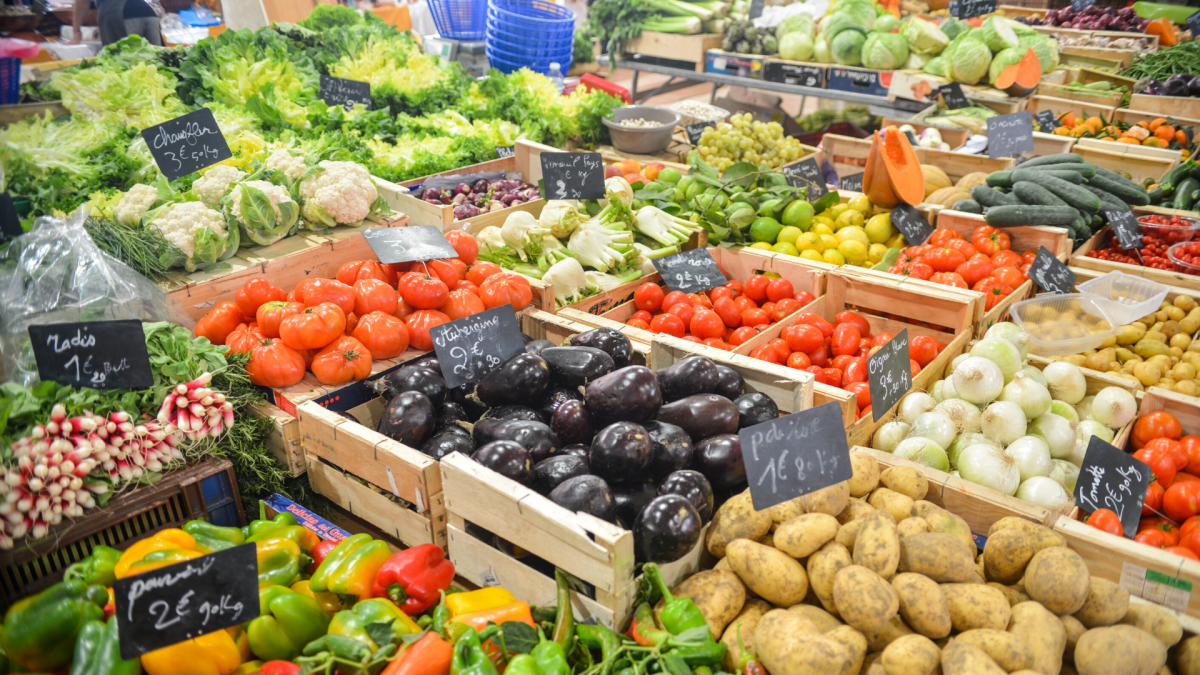Tips for eating sustainable without going vegan or vegetarian.
By Alexa Smith
Shop local at farmer’s markets.
Austin and it’s suburbs are all home to some amazing farmer’s markets that feature local vendors and farmers. Food can travel miles and miles to get to your grocery store – causing huge environmental impact. When you shop local at a farmer’s market you’re cutting down on that impact. Additionally, local farmers often have better animal and plant care as they don’t have to produce the same amount big companies do. This leads to less harmful and more sustainable practices.
Austin’s Sustainable Food Center still has their farmer’s markets open during the stay at home order just be sure to follow social distancing rules as you would at a regular grocery store.
Additionally, many local restaurants are offering grocery pick-up orders. This is a great way to support local restaurants when many of them have lost a lot of business. Plus, you’ll often be able to find pantry staples that many stores are sold out of right now. Check out this list for where you can get your next grocery fix.
Avoid pre-packaged, pre-cut food when possible.
Yes those watermelon chunks and pineapple slices are so tempting in their perfect, little containers. However, this creates extra and unnecessary plastic waste. If you find yourself reaching for pre-cut produce during your lunch break a lot, think of starting to pack ahead so you can cut your produce at home. Not only will this help the environment, it will also be cheaper.
Bring your own bags.
This one is pretty obvious – especially here in Austin. Tons of people already bring their reusable bags everywhere they go. But did you know you can replace plastic produce bags? For produce bags, check out an option like this or search up a tutorial to sew your own.
Buy in bulk.
While bulk buying sections are mostly closed right now to prevent germ spread – once they open back up they are a great option for reducing waste when shopping. Buying bulk cuts down on the amount of packaging used for shipping, storing, and buying food. Additionally, you can ask the grocery store you shop at to use your own containers – such as a glass jar – to further prevent waste.
Look into organic food.
Buying organic can be a great way to factor more sustainable food into your diet. However, according to an article from Columbia University it’s not always the most sustainable option. So don’t stress yourself about buying all organic everything. Instead, figure out which brands and products you trust and decide what is important for you to buy organic.
The most important thing to remember when creating a sustainable diet is every bit counts. Even just shopping local for some products helps create a more sustainable lifestyle. Don’t feel like it’s all or nothing and as with cruelty free labels it’s important to do your own research and not just believe what you see on the packaging.


